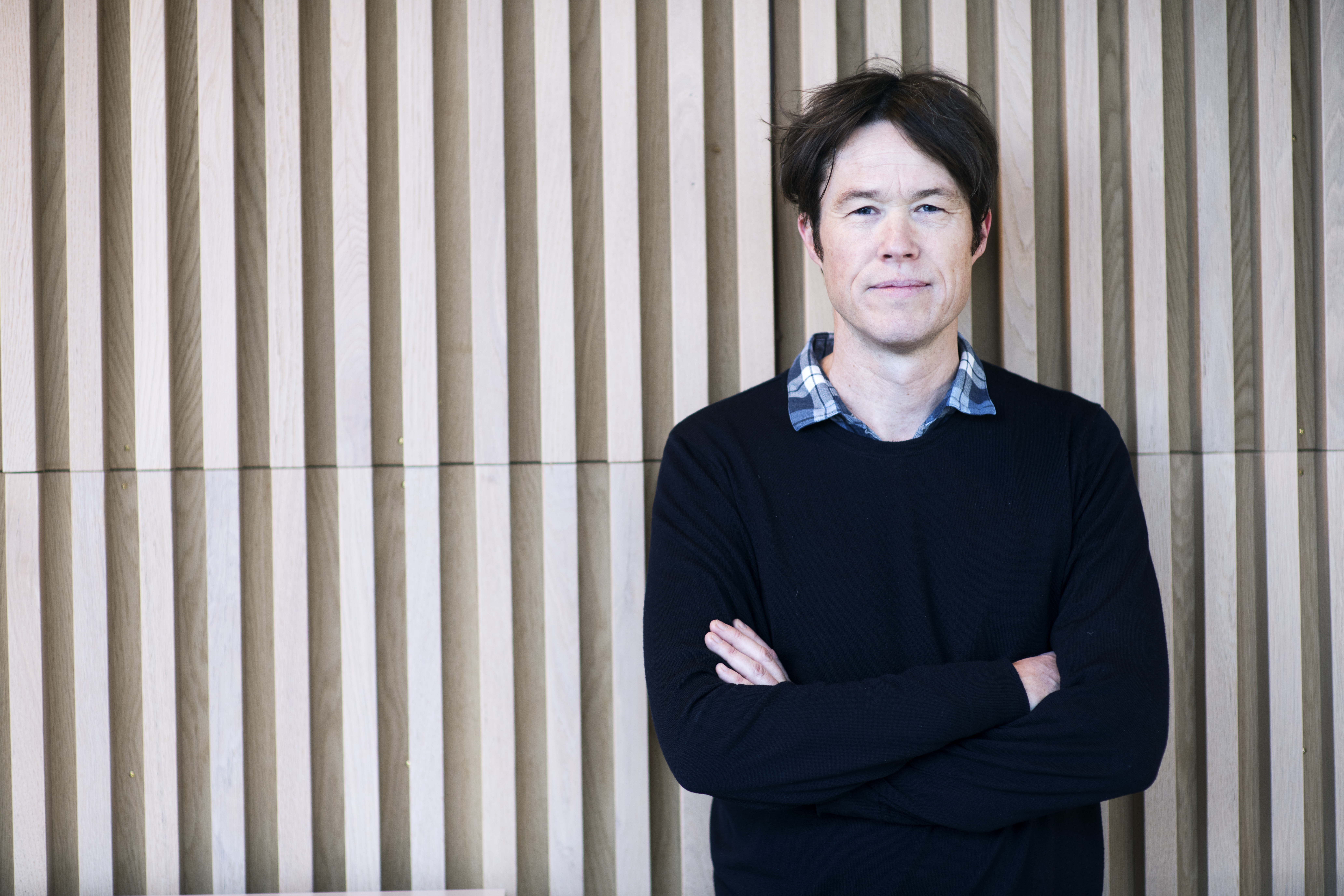The number of international applicants has increased by 200% and shows that UiS Business School and Stavanger is an attractive place to study.

Large increase in international applicants for the master's programs
The number of national applicants for the two-year Master of Science program in Business and Administration is stable, while the international application for the program has increased by almost 200% - from 168 primary applicants in 2019 to 500 international primary applicants in 2020.
"These figures are very gratifying," says Dean Ola Kvaløy. This indicates that the UiS Business School confirms its position as an attractive place to study. Not least, the increase for the Business and Administration Program is gratifying as a lot of resources have been used in collaboration with representatives from businesses and industry to offer an even better study program.
National applicants
According to figures from the National Admission Agency (Samordna opptak), this year there are as many as 100 more primary applications (applicants with this program as their first priority) for the bachelor's program in business and administration, an increase of almost 20%. The bachelor's program in law has also had an increase this year. There are a total of 3.2 primary applicants per study placements in business and 3.7 primary applicants per study placements in law.
The Master's program in Accounting and Auditing (only for national application) has increased the number of primary applicants by 5.7%, thus strengthening its position as one of the most popular studies at UiS.
Good application numbers
Overall, we have to say we are very satisfied with this year's applicants and we hope the numbers are just as gratifying when this year admission is finally completed in July and the students arrive in August. We look forward to welcoming our new students this fall, and to work together and cooperate with them in their preperation for the future working life, Kvaløy concludes.